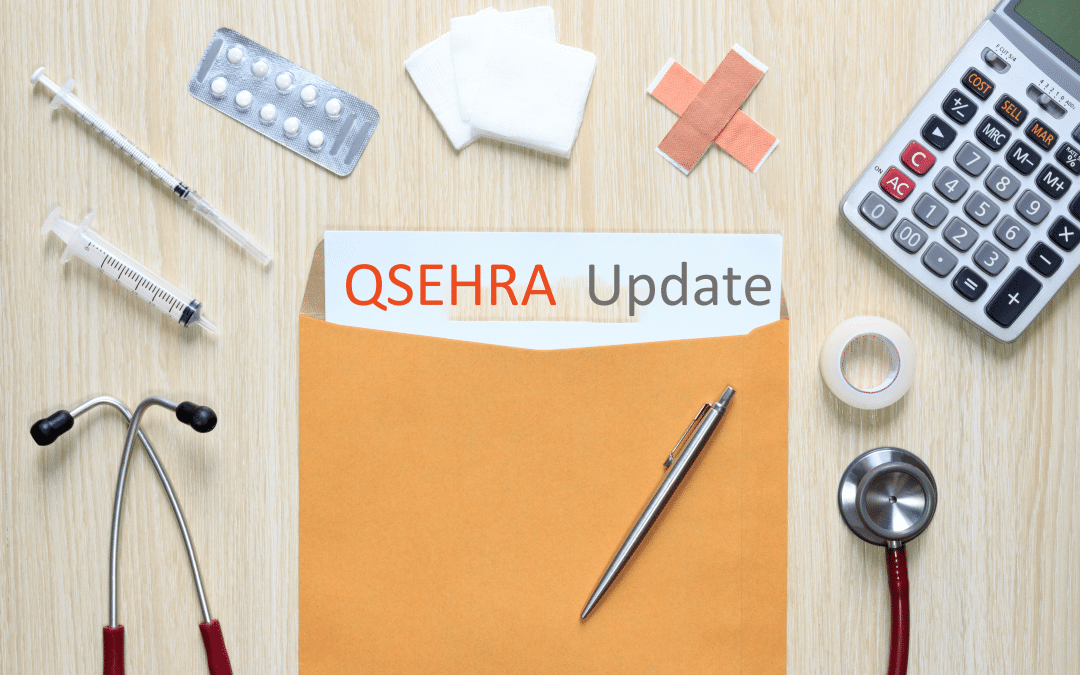Are there other coverage options for small employers?

How a Qualified Small Employer Health Reimbursement Arrangement (QSEHRA) may be an answer.
With the rise in healthcare costs many small employers are looking for other options to insure their employees without being backed in to a corner with limited options of fully insured, age banded rates. Some small employers wonder if they can allow employees to seek out individual coverage and reimburse them directly for the premiums. The short answer is, yes, through a Qualified Small Employer Health Reimbursement Arrangement (QSEHRA).
What is a QSEHRA? A QSEHRA is a Health Reimbursement Arrangement (HRA) that enables an eligible employer to reimburse employees for medical expenses such as health insurance premiums as defined under 213 (d). Employees are not eligible to contribute to these accounts and the payments are not to be included in employee’s income, as long as the employee has qualifying health insurance. To be eligible to provide a QSEHRA an employer must not qualify as an Applicable Large Employer (ALE). In addition, the employer is not permitted to offer a group health plan to any of its employees. Examples include, medical, dental, an HRA other than the QSEHRA, and health flexible spending accounts. In order for the reimbursements to be non-taxable to an employee, the employee must be covered under a qualifying health insurance plan with Minimum Essential Coverage (MEC). Since the employer is not eligible to offer a group health plan, if a QSEHRA is in place, the employee must obtain the coverage elsewhere, for example, the health insurance exchange.
QSEHRA’s must be offered to all eligible employees. There are some exceptions to this. For4 example, the QSEHRA does not have to be offered to employees who have not completed 90 days of service, part-time/seasonal employees, etc. Employers are required to provide written notice to eligible employees, in regards to the QSEHRA, at least 90 days before the start of each plan year and on or before the date of eligibility for new hires. The maximum reimbursement allowed in 2018 is $5,050 for individual coverage and $10,250 for family coverage.
There are some consequences associated with a QSEHRA. If an employer accidentally reimburses an employee who does not have health insurance coverage, the payments then become taxable to the employee. If the arrangement fails to satisfy all the requirements, it will then be treated as a regular HRA and be subject to Section 4980D excise tax of up to $36,500 per year per employee.
At the end of the day, this can be a viable option for employers looking for other ways to insure their employees, however, it will require much diligence in maintain these documents as the consequences can be harsh if not followed correctly. If this is something of interest, reach out to your broker for more detail.

